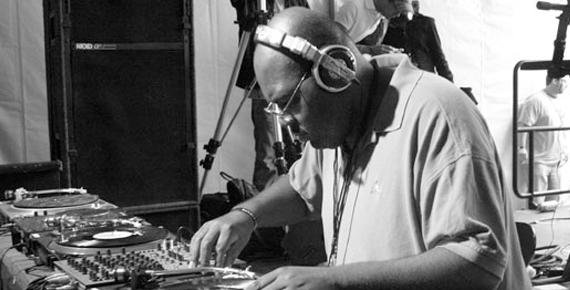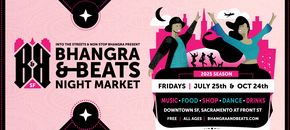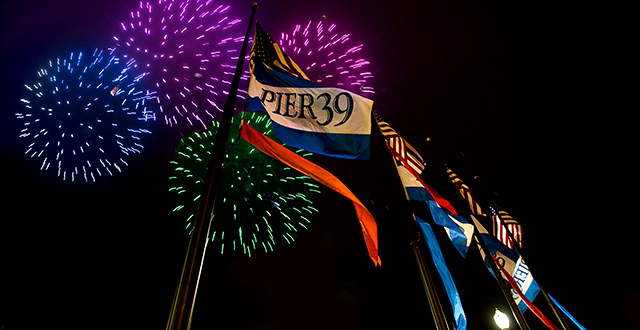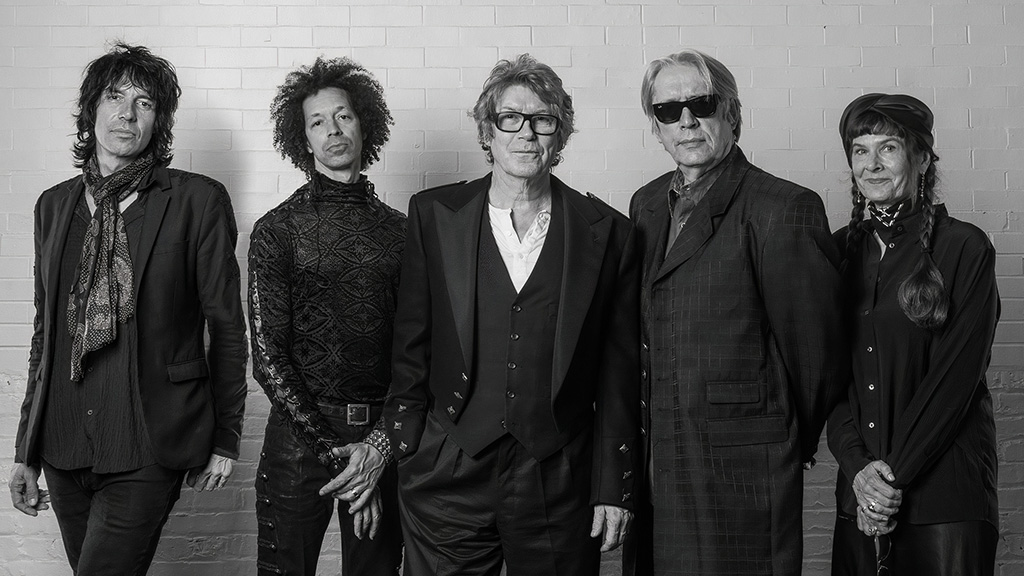DJ Q&A: Anthony “Shake” Shakir
This Sunday Icee Hot and Public Works present a diverse line up featuring Creep, DVA and Anthony “Shake” Shakir. A DJ with first-hand experience in the birth of Detroit techno, Shakir discusses his roots with us and more.
Although the 80s explosion of Detroit techno didn’t launch Shake in to DJ stardom with other techno giants, he has always been carefully observant while laying low. Because of this his music continues to bring new life to techno.
What do you think led to the “death of disco” and the emergence of house and techno?
I would say that in the 80s the disco was killed by the industry and by racists that felt like it was a threat to rock and roll, but rock and roll was at the beginning of its deathbed. When they started trying to incorporate disco into it, rock and roll was beginning to look like death to me. Disco at the end of the day was dance music — Motown was dance music.
House was started in Chicago. House was a Chicago thing and it was based more on disco records. I think what helped the start of house music was that the tools to make music became a lot cheaper to acquire. When the 808 came out, it was a $1,000 drum machine; the 909 was, I think, $2000. The musicians didn’t like the 909, so people started finding them in used stores, they started becoming prolific, and Chicago house picked up on that. The musicians didn’t like the 909 so much, but the DJs liked it and they started getting into it. The rest is history with it.
From what I’ve read, it seems like Detroiters resisted to embrace house music as it became popular in Chicago. Why do you think this didn’t stick?
Detroit liked techno for one hot second because they liked the radio aspect of it. Detroit is still in a hard time. They like stuff they can hear on the radio or they like somebody who shows the money their making. So if you look like you’re rich, Detroiters like you. House has a gay connotation to it, so Detroiters don’t like to talk about the gayness of things because black people don’t talk about homosexuality. They shied away from it. But if it was a good song, they’d cut through all of that. But that’s my perspective; somebody else might say something different.
You have an innovative and forward-thinking approach to music. Do you follow any particular contemporary artists that stand out to you in regards to dance music? How do you think they impact the scene?
I was a fan of Dan Bell, and I’m a fan of my contemporaries Juan [Atkins], Derrick [May] and Kevin [Saunderson]. They opened the door for me. I’m a Radiohead fan because I like their approach to music. I’m a Beatles fanatic. They wrote great songs, and were innovators because they did a lot of stuff before anyone else did it.
I was a James Brown fan, of course, because he had the best drums in the world. I like real jazz — not smooth jazz, because if you got drum machines, it’s not jazz. Of course, I’m a fan of Carl [Craig]. Carl was a genius. He stepped out on his own thing. We went to high school together, me, Rob Hood, and him were on drum line.
From the variety of music styles you borrow from, which in particular are you looking to use in your next productions? Are there any new tricks you’ve been experimenting with now since you’ve released your retrospective Frictionalism albums?
I’m trying to learn how to get the computer to work for me better. When I was putting out my 12 inches, they said “you’ve got too many different styles on your records.” I believe I could do everything. In the end, I found that usually people who buy house, don’t buy rap, people who buy rap don’t buy house, people who play techno might buy house records, but usually most people don’t cross pollinate like that — but I did. When I was in college, I DJed and I played everything.
What I plan to do now is speed up my work process and try to make my music sound more scientific or more electronic — trying not to sound like something that already happened. My whole thing is that I like to make records that I think I can listen to five years from now.
http://www.youtube.com/watch?v=FPU3x9PHR2s
It seems that techno and house styles from Detroit, Chicago and New York stuck when they reached Europe and made a big impact on the cultures there. Do you have any ideas as to why this happened?
One, they buy records. Two, they dance. Three, they listen to music. In England the British are always trying to find a way to put their name on it and say it’s theirs, so it’s like they found a way to do it that way, but they always point back here. When I met Mark Pritchard, he told me a story how over here in America they keep thinking [UK producers] invented this stuff, but he says “No, we got it from you!” In America, they think Daft Punk invented house music. They wanna give everyone credit for this stuff [except for] Detroit.
Catch his set at Icee Hot with Creep and DVA at Public Works on Sunday May 29 at 9pm.
Photo credit: www.xlr8r.com








